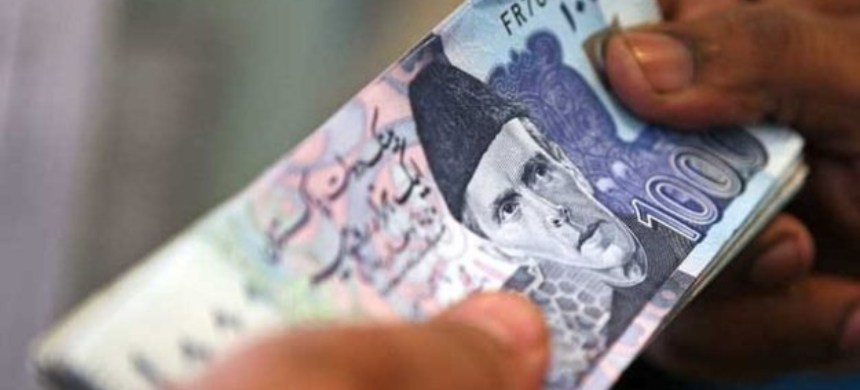Pakistan’s National Debt Soars: Each Citizen Now Owes Rs. 302,000
As of the fiscal year 2024, every Pakistani citizen owes Rs. 302,000 to national and international lenders, marking an 11.3% increase compared to the previous fiscal year, according to the Fiscal Policy Statement 2025 presented to the National Assembly.
The federal government struggled to control the growing budget deficit, which reached a staggering Rs. 7.7 trillion, or 7.3% of GDP. This exceeds the legal limit of a 3.5% federal deficit, as outlined in fiscal management regulations. The policy statement highlighted a violation of these principles, revealing that the government had set the deficit target at 7.1% of GDP in the June 2023 budget, which went against the established law.
Read More: Problem in repaying debt
Total public debt saw a sharp rise of nearly 15% over the past year, reaching Rs. 72.3 trillion. This increase was primarily driven by higher interest payments and currency depreciation. However, in relative terms, public debt as a percentage of GDP decreased from 74.8% in June 2023 to 67.2% in June 2024.
The government’s current expenditures exceeded budget expectations by 5.5%, largely due to an increase in markup payments amid high interest rates. Meanwhile, the Public Sector Development Program (PSDP) saw a reduction of Rs. 218 billion, bringing its total to Rs. 1.03 trillion.
Despite these financial challenges, the report indicated some signs of economic stability, including reduced inflation, a surplus in the primary fiscal balance, a stable exchange rate, and a negligible current account deficit. However, underperformance in total revenues contributed significantly to the fiscal deficit.











